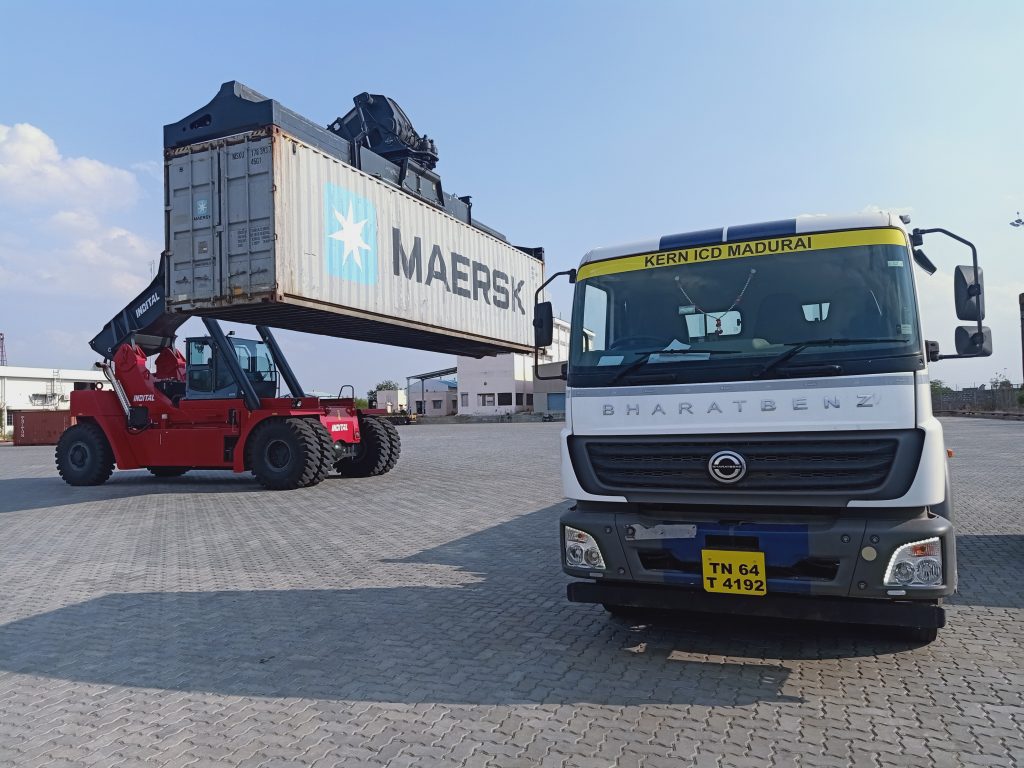Exporters will now have to present only digital copies of shipping bills bearing final let export order and gatepass to customs authorities as the CBIC has launched paperless documentation of exports, a move aimed at saving time and cost of compliance for trade.
In a circular, the Central Board of Indirect Taxes and Customs (CBIC) said in its continuing endeavour to promote ‘faceless, contactless, paperless customs’ it has decided to rely upon digital copies of the shipping bill and do away with the requirement of taking bulky printouts from the service centre or maintenance of voluminous physical dockets in the custom houses.
“Board directs that w.e.f. June 22, 2020, only the digital copy of the shipping bill bearing the final LEO (let export order) would be electronically transmitted to the exporter and the present practice of printing copies of the said document for the exporters and also for maintaining a docket in the customs house would stand discontinued,” the CBIC said.
The launch of paperless documentation on exports is a sequel to a similar initiative that was begun for imports from April 15, 2020.
Under this, a secure QR coded shipping bill would be electronically sent to exporters after the customs allows export, the CBIC said to all principal chief commissioners of customs and central tax.
“This eliminates in one stroke the requirement of the exporters having to approach the customs officers for proof of export. This also makes the end to end customs export process fully electronic, from the filing of the shipping bill to the final order to allow export,” the finance ministry said in a statement.
The CBIC circular said this reform will yield immense benefits in terms of saving the time and cost of compliance for the trade, thereby enhancing the ease of doing business, while providing enhanced security features for verification of authenticity and validity of the electronic document.
Currently, the shipping bill is being printed in duplicate, namely customs copy and exporter copy. Further, it is ascertained that, the export promotion copy is also being printed in many instances, based on the request of the exporters.
This necessitates the exporter/customs broker to take physical printouts in the service centre and present it to the customs officer. In many locations, physical signing of the printouts is also insisted upon.
“To promote a paperless environment, the board has decided to do away with the taking the printouts. Instead, Directorate General of Systems has enabled a functionality of communicating by email, the PDF version of the final LEO copy of the shipping bill to the customs broker and exporter, if registered. This electronic final LEO copy can serve multiple purposes such as being shared with DGFT, Banks etc,” the CBIC said.
The CBIC further said that for the purposes of exports, all the supporting documents would have to be mandatorily uploaded in eSanchit and collection of physical dockets shall be dispensed with.
“It is possible that there may be scenarios other than those mentioned above, where printouts of shipping bills are required. Board desires that such scenarios shall be immediately informed. The respective principal commissioners/ commissioners of customs would take a decision on allowing printouts only in such exceptional situations,” it added.
In its efforts to enter top 50 rank in World Bank’s Ease of Doing Business ranking, the CBIC had last year announced reform measure Turant Customs for speedy clearance of goods at air and sea ports.
The Turant Customs is a comprehensive package which is being implemented in a phased manner.
Towards that, the customs department plans to roll out pan-India faceless assessment by December 31 in a phased manner, and has already started the same phased manner beginning with Chennai and Bengaluru ports from June 8.
Faceless assessment (commonly known as anonymised or virtual assessment) enables and assessing officer, who is physically located in a particular jurisdiction, to assess a bill of entry pertaining to imports made at a different Customs station, whenever such a bill of entry has been assigned to him in the Customs automated system.
Source: Business Today








